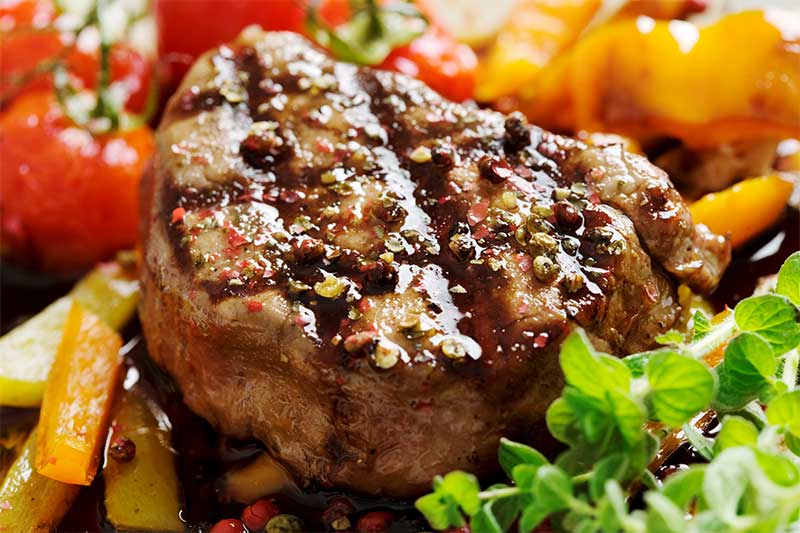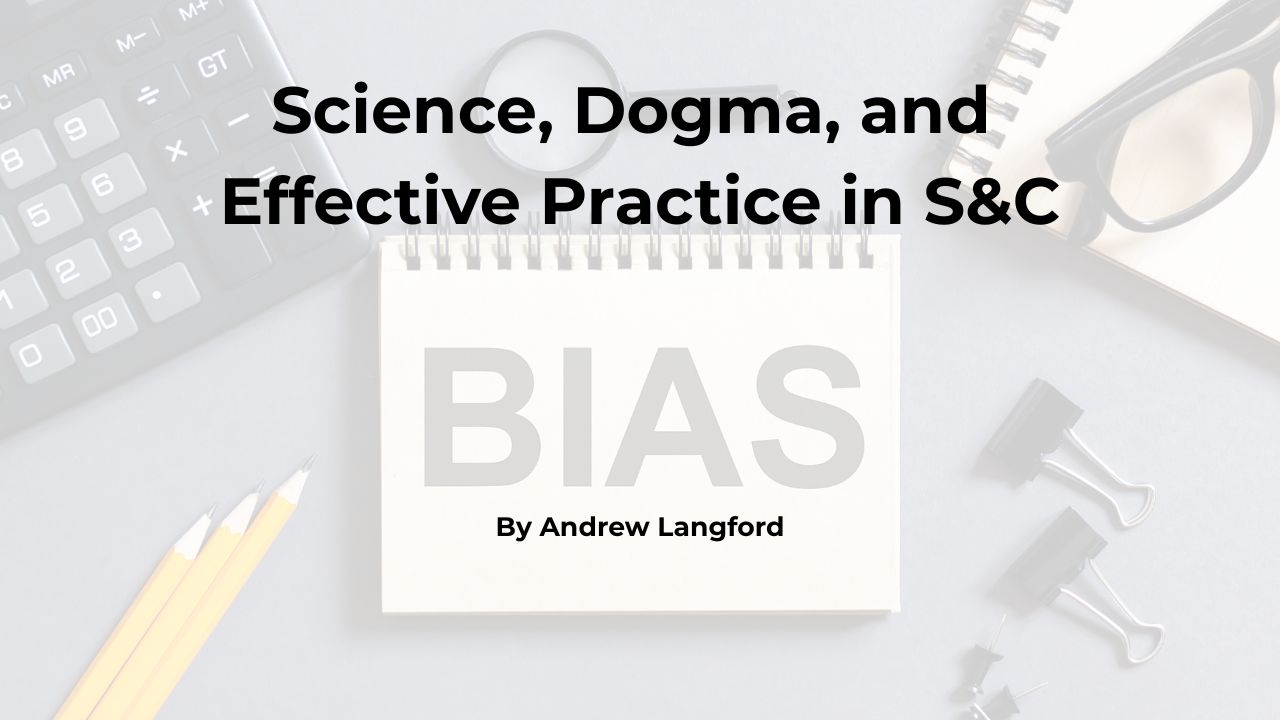[mashshare]

Alexandria Cotie discovered Julie Burns and SportFuel, Inc. during her time at the University of Illinois in Chicago, and immediately knew that was where she needed to work. Following graduation in 2011, her internship with SportFuel turned into a job, and she has been continuously expanding her knowledge ever since. Along with supporting the Chicago Blackhawks, Rockford IceHogs, and her private clients, Alex is frequently asked to give presentations to groups, including Nike, Jordan, elite hockey camps, athletic trainers, and youth and high school teams. She has also participated in various panel-setting talks to discuss real food nutrition.
Alex believes, and science supports, that great nutrition can have an astounding effect on an athlete’s strength, speed, mental clarity, and overall health and wellness, and also help reduce injuries. No matter how small, and no matter if you are 8 or 80, Alex encourages you to make a change to better yourself. In her free time, Alex enjoys all forms of fitness, spending time in nature, and fostering animals.
Freelap USA: Could you share some surprising, uncommon foods that can help athletes fuel and repair smarter? With most of the common trends, it would be great to see not only fresh options, but some strategies that make eating on the go practical.
Alex Cotie: What I find most surprising is that many athletes are looking for special superfoods, which I completely understand, but not when the foundation hasn’t been built yet. I see many professional athletes who don’t fuel themselves properly at a basic level, with real, whole foods. Some are still operating with the mindset that they can get away with eating junkier foods because they are athletes, when it’s really the complete opposite. These are the people who say, “I burn it off,” “I earned this
So, in general, the first thing to do as an athlete is to quit the pasta parties and store-bought blends of all the fake chemicals, coloring, and flavoring in favor of real food. Eat clean proteins, tons of veggies, and healthy fats, and favor starchy vegetables as carbohydrates. The farther away a food gets from the way it exists in nature, the more stress it will cause on your body. For eating on the go, I like to see my athletes travel with fresh pressed vegetable juices, real-food snacks such as grass-fed jerky and pumpkin seeds, and proper snack bars such as Primal Kitchen or Bulletproof bars. The list of options can go on forever here.
Freelap USA: Digestive health is very important. Besides taking probiotics or eating probiotic-rich foods, what are your thoughts on having athletes reduce bad habits that could hurt their natural biome?
Alex Cotie: We should all take a “PRO” stance on reducing bad habits, haha! This all ties back to eating real foods and not over-consuming processed junk. In addition to eating PRObiotic-rich foods, and nourishing those bugs with PREbiotic-rich fibers and resistant starch, there are many aspects that tie into the health of the intestines—because everything is connected. This includes stress management, getting enough quality sleep, chewing your food well, and being mindful of what medications you’re taking. Athletes who live on NSAIDS or antacids are causing more damage than they might think.
Freelap USA: What are your thoughts on fasting for athletes during the off-season? Some athletes feel that a few weeks of mindful eating or periods of fasting are great for resetting their body. What are your thoughts on the pros and cons of this?
Alex Cotie: The key word is “off-season.” Athletes are usually under too much stress in-season to think about adding this to their plate. Perhaps some intermittent fasting in-season when they have a couple of days off and are getting enough sleep, but these opportunities may be few and far between. You mention a “few weeks of mindful eating,” but I think that should be done year-round. Athletes are some of the most in-tune people when it comes to their bodies, so they thrive on being mindful of everything—their food, their mindset, their physical body, their energy, their digestion, their sleep, their recovery. These are basics of being an athlete.
Coming back to off-season fasting, which I’ll assume you mean as “intermittent fasting,” I am all for this if the athlete is an adult, not pregnant, has a healthy thyroid status, is getting enough rest, and is not in a state of burnout or major stress. It can be quite healing to all parts of the body, and the brain. (Hello to the athletes taking hits.) It can help with immune dysfunction, intestinal dysfunction, and metabolism dysfunction. Basically, if the stars align, go for it! Once pre-season training ramps up, however, it’s time to reassess.
Freelap USA: Healthy fats are often distilled to something simple, like advice to eat more nuts and avocados. Could you share how fats are more complicated and some of the hidden mistakes we make with this area? Perhaps going into fish and animal fats a little more and lipids health?
Alex Cotie: There’s a ton of information about why fat is your friend, and fat won’t make you fat … how butter isn’t quite “bad” until you put it on a piece of bread. Animal fats have the worst reputation, but when it comes to these fats, the quality is key. Butter from a cow that ate corn, soy, stale candy, and whatever, was given antibiotics and hormones, and basically had a terrible unhealthy life … that cow is not producing butter that is good for you. Unhealthy cow = unhealthy you. Plus, we (humans, animals) store toxins in our fat cells.

If a cow is given hormones, antibiotics, and other junk, where do you think that’s going? Exactly. The fat. Butter is fat. Now, have butter from a cow that is eating the diet nature intended for its body (pasture), so it doesn’t get sick, and its owners aren’t trying to fatten it up with hormones and antibiotics … that cow will be healthy. You eat the butter from that cow, and … you guessed it, healthy you! No big deal!
When it comes to canola, soybean and vegetable oils, I think we all understand that they are insanely refined and highly toxic, but I’m happy to expound there too! When it comes to lipid health, there is so much that we are missing. Blaming cholesterol is like shooting the messenger. If your cholesterol is high, figure out your inflammation issue and put out the fire. If your triglycerides are high, stop pounding ice cream and alcohol. If you’re eating healthy saturated fats like coconut oil and your cholesterol goes up, get an NMR LipoProfile. My guess is that if your diet is healthy otherwise, you’ll be pleasantly surprised at the results. If not, then you need to keep digging to find the underlying cause and address gut health.
Freelap USA: How do you wish teams or athletes would use a registered dietician (RD) smarter? Nutrition is far more than just eating the right percentages of macro and micronutrients or losing body fat or gaining muscle. What can a good RD assist with or help beyond the typical body composition needs?
Alex Cotie: First off, I think teams should be smart about what types of RDs they hire. I sometimes meet with athletes from teams who have a nutritionist, but they meet with me because that person subscribes to an outdated way of thinking, fueling them with bagels, margarine, and Gatorade bars. You just can’t do that. Athlete abuse!
What I think some people don’t realize is that nutritionists who work for teams aren’t just concerned about macronutrients and body composition. A lot goes on behind the scenes. People might think athletes are all super-human and super-healthy. I’ll give them the super-human part—athletes are truly incredible—but they are, in fact, human.
Athletes sometimes have health challenges, and the RD will work with each player as an individual to address their specific needs. This may include special dietary needs, additional testing, and individualized supplements to help that person achieve optimal health. It is a team nutritionist’s responsibility not only to help the player achieve peak performance, but also to look out for their current and future health, which is laid on the line for their sport.
Since you’re here…
…we have a small favor to ask. More people are reading SimpliFaster than ever, and each week we bring you compelling content from coaches, sport scientists, and physiotherapists who are devoted to building better athletes. Please take a moment to share the articles on social media, engage the authors with questions and comments below, and link to articles when appropriate if you have a blog or participate on forums of related topics. — SF
[mashshare]





